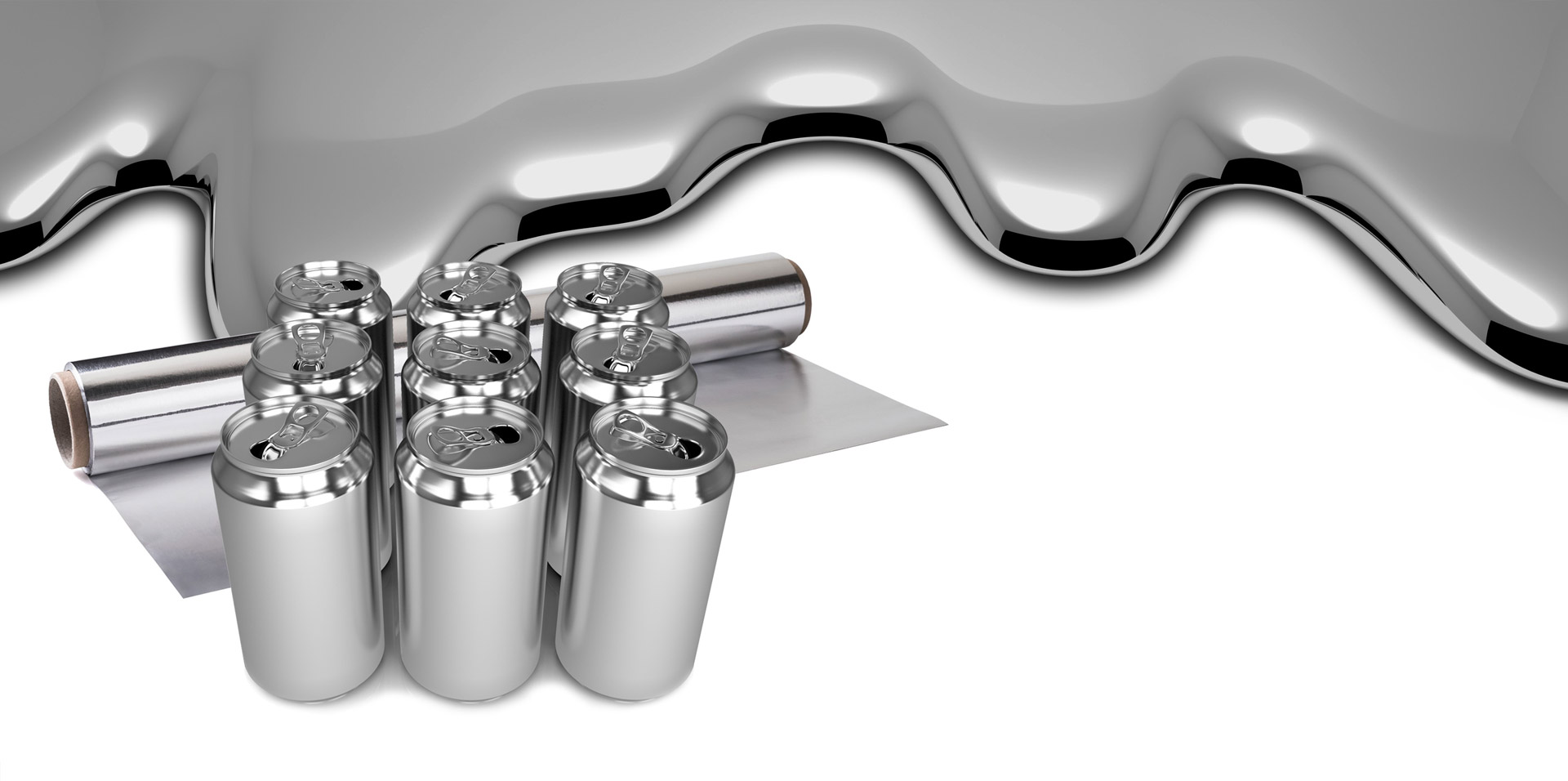In practical casting processes, the use of grain refiner is crucial to ensure your aluminium alloys are the best quality they can be.
Fundamentally, grain refiner can drastically reduce the formation of twins caused by dendritic growth, decrease process segregation, cold shut and hot cracking tendencies, improve solidification shrinkage during the process, eliminate or better disperse porosity, and enhance casting density and surface quality, improving the success rate of casting and facilitating subsequent ingot processing.
But what qualities should you be looking for to get the best grain refiner and ramp up your alloy production quality, improve your environmental credentials and save you money?
-
One size fits all (it doesn’t!)
What casthouses are realising is that you shouldn’t go for a one size fits all grain refiner as particular grain refiners best suit certain applications. The sector you are in should influence the grain refiner you choose and a good grain refiner producer with focus on the customer will be able to explore all the options open to you, literally making you significant cost savings and making operations much more consistent.
For example, if you are making high tensile aluminium alloys for aerospace, you’ll need a different grain refiner than if you were producing can lid stock. All come with their different benefits and challenges in the melt, but, ultimately, the right grain refiner will make your casthouse operations better all round.
If you are producing high stress components such as battery boxes in automative and, in particular, the electric vehicles (EV) market, the challenge is the high strength levels you need to effectively grain refine leads to the addition of zirconium in the alloy composition, which produces a poisoning effect that compromises performance. You will need an extra potent grain refiner with extra refining power to obtain the grain size and integrity needed, all while adding fewer damaging particles.
At the other end of the spectrum, if you are producing aluminium sheet for canbody stock, you’ll know the process is highly demanding of the aluminium cleanliness and mechanical properties. Aluminium foil stock comes in different alloys, some of which have high purity for making foil used in food and medical packaging, a key property being its thickness.
Grain refiner is typically added to both to prevent cracking, but this increases the particle count, resulting in pinholes, tears and deformities. In canbody stock, it can mean the collapse of the can when stacked, and in foil stock, spoiling of the contents. This can all lead to significant production outages due to time lost while equipment down. By using a grain refiner that can bring down the addition rate by, say, 85%, a particle count of 4,000 would be reduced to just 600, preventing pinholes and tears and improving elongation and shape.
Does your grain refiner best suit your particular application?
-
Green credentials
We read with interest the new Mighty Earth report, which shows the environmental impacts of bauxite mining for aluminium used in electric vehicle (EV) production in Indonesia, Brazil, Guinea, and Australia. On the back of this, the call for responsible mining has amplified and global EV manufacturers have to play their part in ensuring their global supply chains are not driving environmental harm. Overall, it’s the next vital step as aluminium manufacturers continue to make great strides in making their processes more sustainable from start to finish, including ramping up their recycling plants.
But have you thought about the elements of production such as grain refinement? How sustainable is the grain refiner you use? Is it high enough efficiency to really bring down addition rates and, ultimately, reduce the amount of energy you use, as well as limit coil changes and transportation around the warehouse to lower your warehouse inventory?
To help you hit those net-zero targets, you, ideally, want a grain refiner made with low carbon, ‘green’ aluminium, meaning it’s manufactured using hydro-electric power or wind power which results in far lower polluting CO2 emissions, but you should also check whether the producer has a closed loop, sustainable manufacturing process in place.
Do they recycle customers’ scrap and melt it down to create their grain refiners, which you can then buy back? This is particularly important right now to the mobile communications industry, which is under huge pressure to make all aluminium components from recycled aluminium, including the internal structural frame.
-
Great value
Grain refiner is, arguably, a casthouse’s second biggest spend and by using a high efficiency grain refiner instead of a standard one, customers can save up to three dollars per tonne, which results in savings of hundreds of thousands of dollars a year in a medium-sized plant.
It’s worth bearing in mind that, if you need a very high efficiency grain refiner for your casthouse operations, it may cost a bit more than a standard one. However, while it’s easy to do so, you should try not to just look at the surface cost, but how quickly it will give you a high rate of return – and your money back.
-
Handy stock
One of the biggest challenges for casthouses is having handy access to grain refiner stock, which is crucial in making aluminium alloy production as efficient as possible.
Ideally, what you need is a grain refiner producer with extensive global stocking facilities, excellent quality control procedures and cost reduction due to efficient low cost base manufacture. It is ideal if they have warehouses across the world, allowing you to access stock quickly and easily, meaning you can pick up a pallet at short notice if you need to. And if you want to put in a replacement order a few months before you need the product, they will store it for you until you want it delivered, giving you an extra level of certainty that the stock is there.
-
Growing range
How much research goes into your grain refiner to ensure it is continually assessed and the range updated? For example, we worked for five years on nucleation with BCAST at Brunel University London to get to the point where casthouses now need up to 90% less grain refiner. And we continue to conduct research to keep us at the cutting edge. Having scientists and technicians working in the background to improve grain refiners is crucial in helping casthouses achieve excellent melt quality, especially in alloys with high tensile strength and high surface quality typically used in automotive applications.
To this end, we are looking at developing a 5:02 grain refiner – widely regarded as the cleanest grain refiner and used for high surface quality applications in sectors including aerospace – that is also super-efficient. Crucially, it will give casthouses the holy grail of exceptional cleanliness combined with high efficiency, resulting in lower addition rates for reduced oxidisation and better extrusion.
We hope this helps you find the best grain refiner for you.
Please get in touch to discuss your refinement needs.
MQP produces three variations of Optifine, 3:1 100, 5:1 100 and 5:1 125, which are used in the production of over five million tonnes of alloys a year at 45 casthouses worldwide. Each product suits particular applications, but what they all have in common is that they are all high efficiency and bring addition rates right down to make cost savings for casthouses and improve melt quality.

